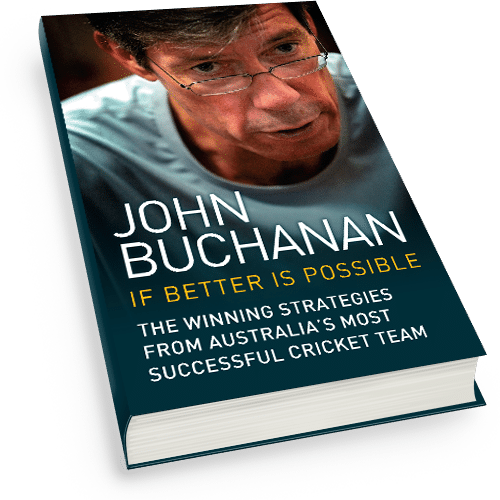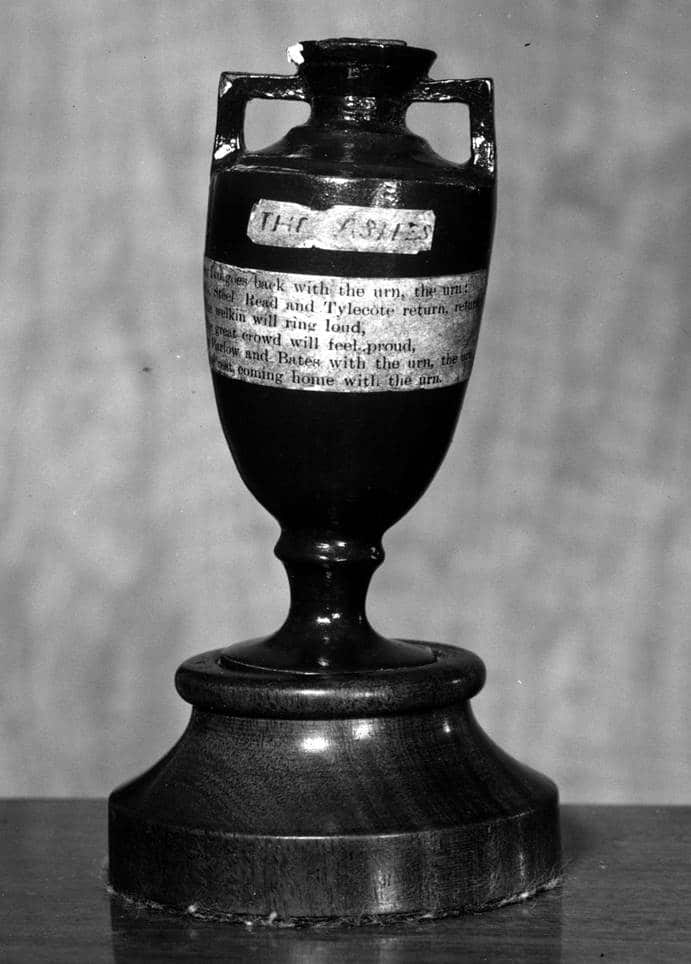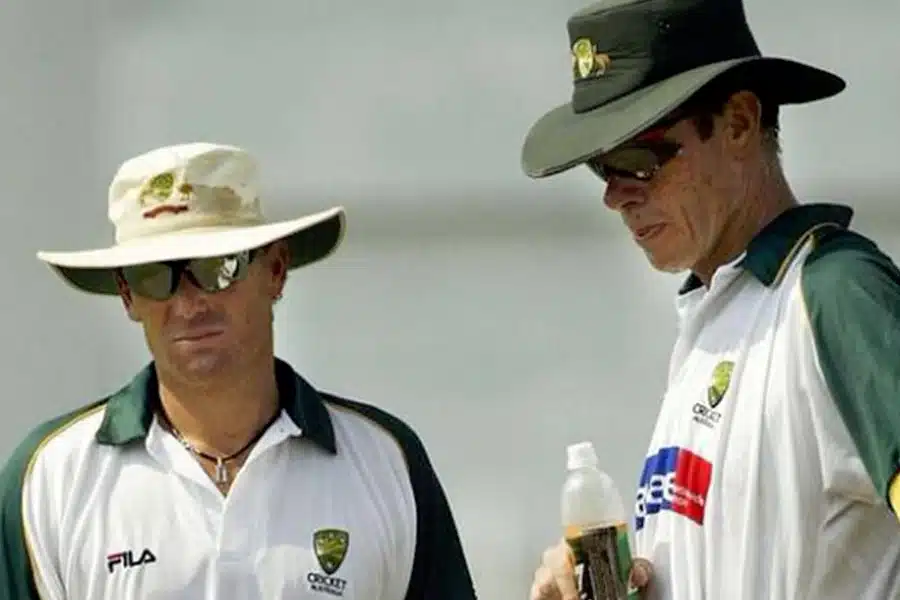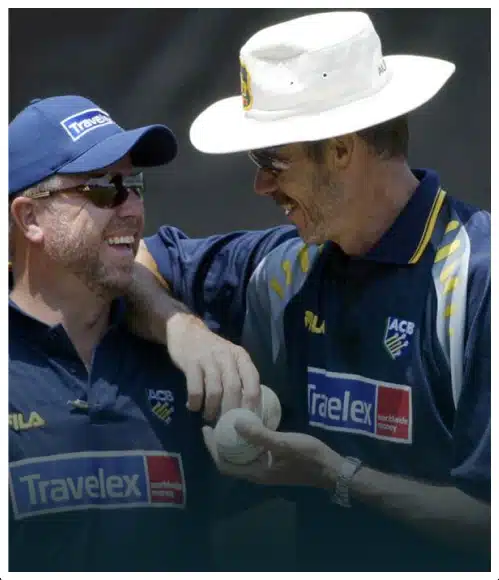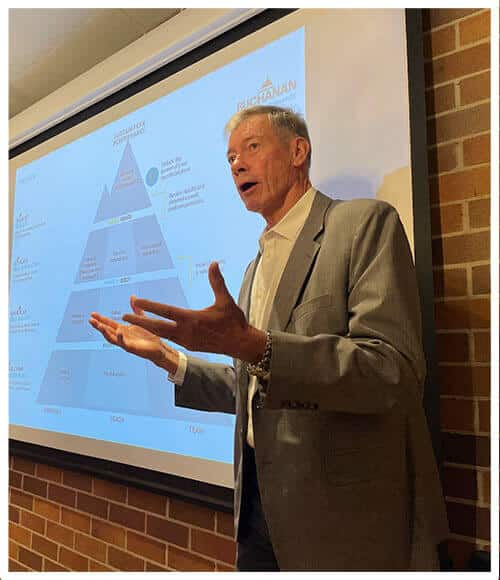I am often asked – what were some of the secrets to being able to coach at the highest level in sport, and to be able to do so over a long period of time?
I think one of the advantages for me was that I did not venture into a fulltime professional coaching career till I was older and had spent time away from sport, doing other exciting things.
After my short playing career, I ventured into the worlds of private and public administration; education, both as mature age student and lecturer; and, helping my wife raise a family of 5 children. By the time, I became Head coach of the Queensland Bulls cricket team in June 1994, I was 41 years old. I had 3 degrees behind me. I had lived and travelled overseas and around Australia. And my eldest boy was 11, and the youngest of five, Elise was 7 months.
In other words, my life had been removed from the sport which I chose to coach, cricket, for some sixteen years. I had dabbled in coaching, and in particular, as our children became involved in junior sport. I had also overseen a Federal-State government program called “Aussie Sports” which was about making the sporting experience for young children as enjoyable as possible through modification of rules, equipment, and adult behaviours around the children.
So when it came time to decide that I wanted to pursue coaching as a career, I believe I was fortunate to have the background I did. In fact I realised, that in most occupations and roles I undertook outside work, I was indeed coaching!
The variety of these experiences shaped my philosophy to coaching, which is based around –
- The whole person
- Being visionary
- Creating a real learning environment for individual and team
- Making myself redundant
- Being as meticulously planned as possible
- Never satisfied with what is happening – always seeking to improve
- Personal set of values based around integrity, honesty, family
By consistently living and actioning my philosophy with athletes, staff and teams, I was able to develop relationships with everyone.
These relationships are constantly tested day-in, day-out due to the personalities, characters and circumstances that are involved with groups.
So it was important that I stayed true to my beliefs, values and principles. I was able to do this in all circumstances by being in control of what I call the buffer zone that is built into all relationships – no matter how close or how distant.
The buffer zone allowed me discipline, applaud, acknowledge, review each individual as appropriate without fracturing our relationship. The buffer zone allows for the tough conversations as well as the celebrations, but the dial is firmly controlled by me.
This is often why parenting is the hardest coaching role of all, as there is generally no buffer zone – the buffer zone has been broken down by our emotional attachment to our children who are very skilled at pressing our buttons!
In the end, COACHING or the COACHING PROCESS is simply about –
- Knowing yourself and your personal philosophy
- Delivering your philosophy consistently
- Maintaining a relationship with all staff and athletes
Being in control of your buffer zone!
Written by John Buchanan


